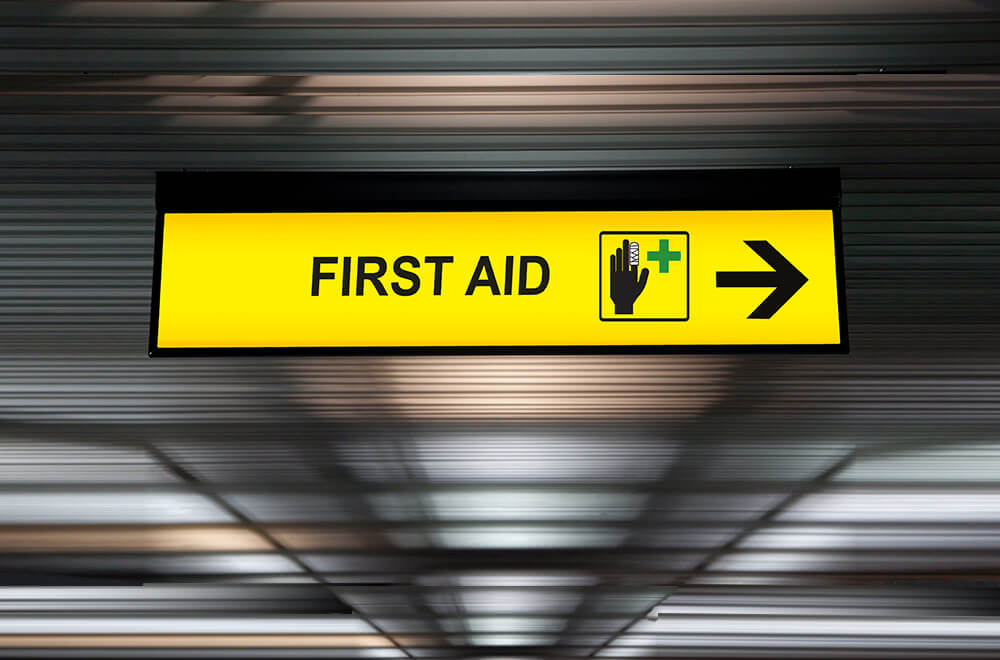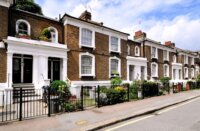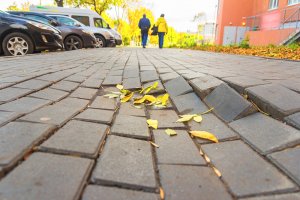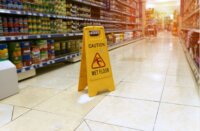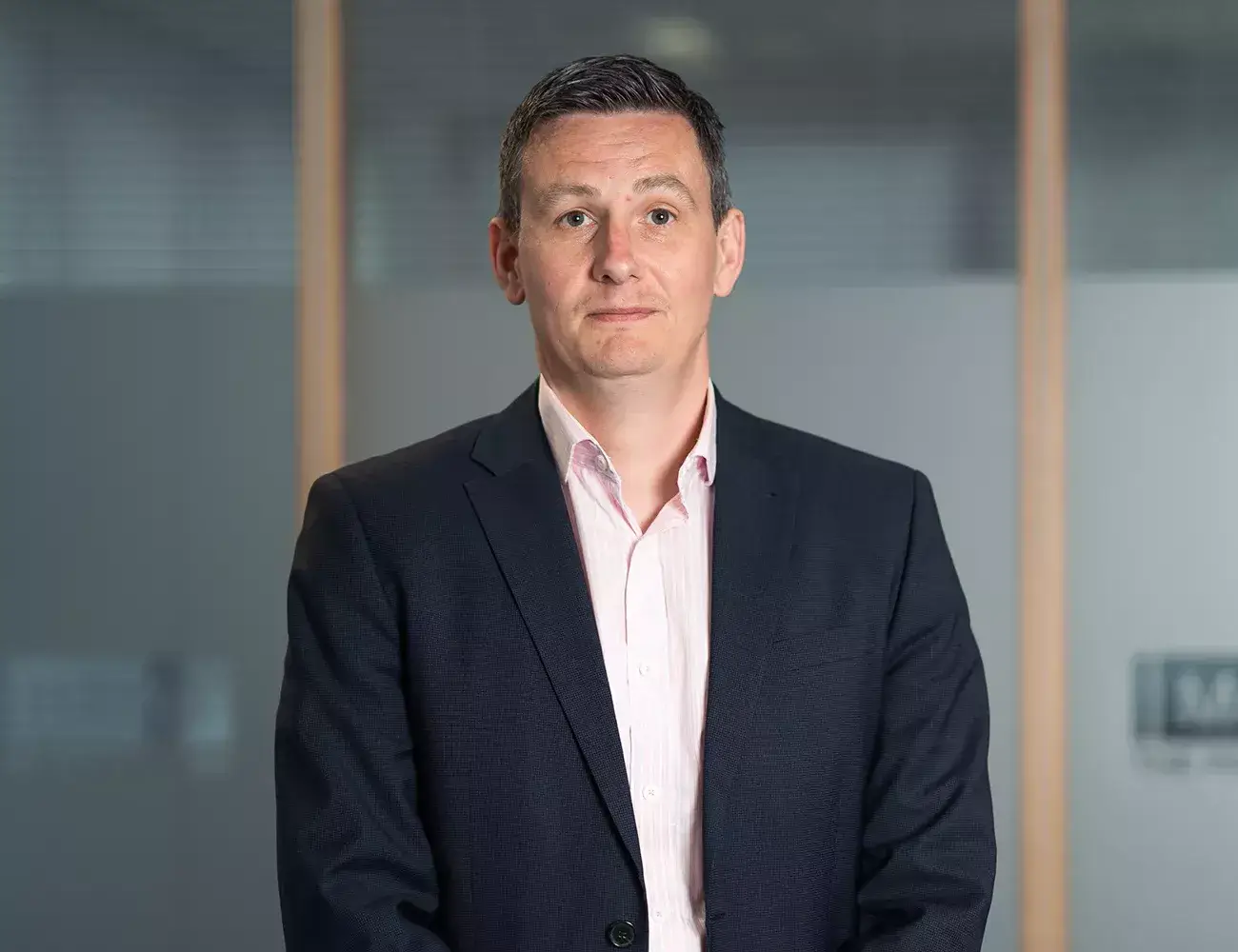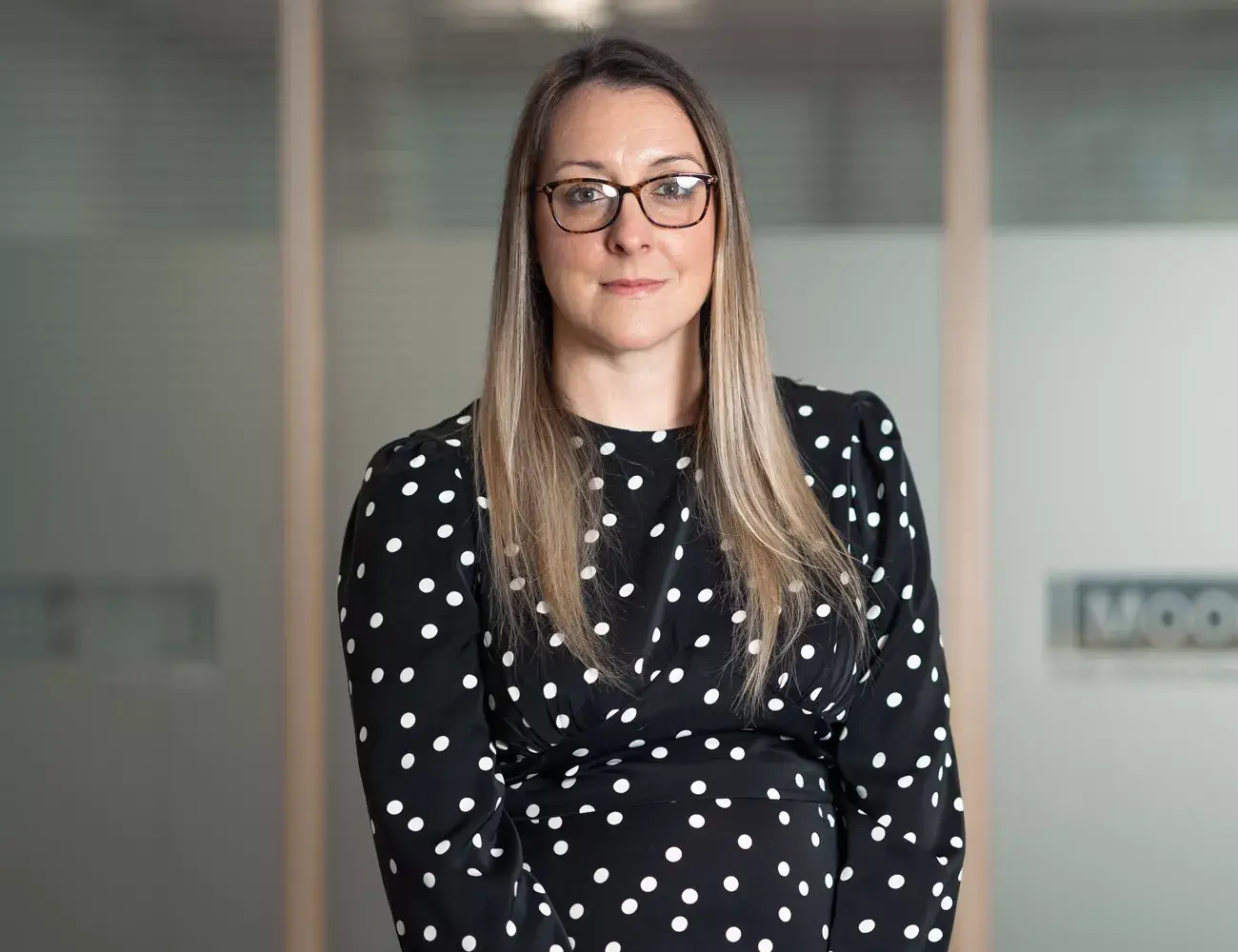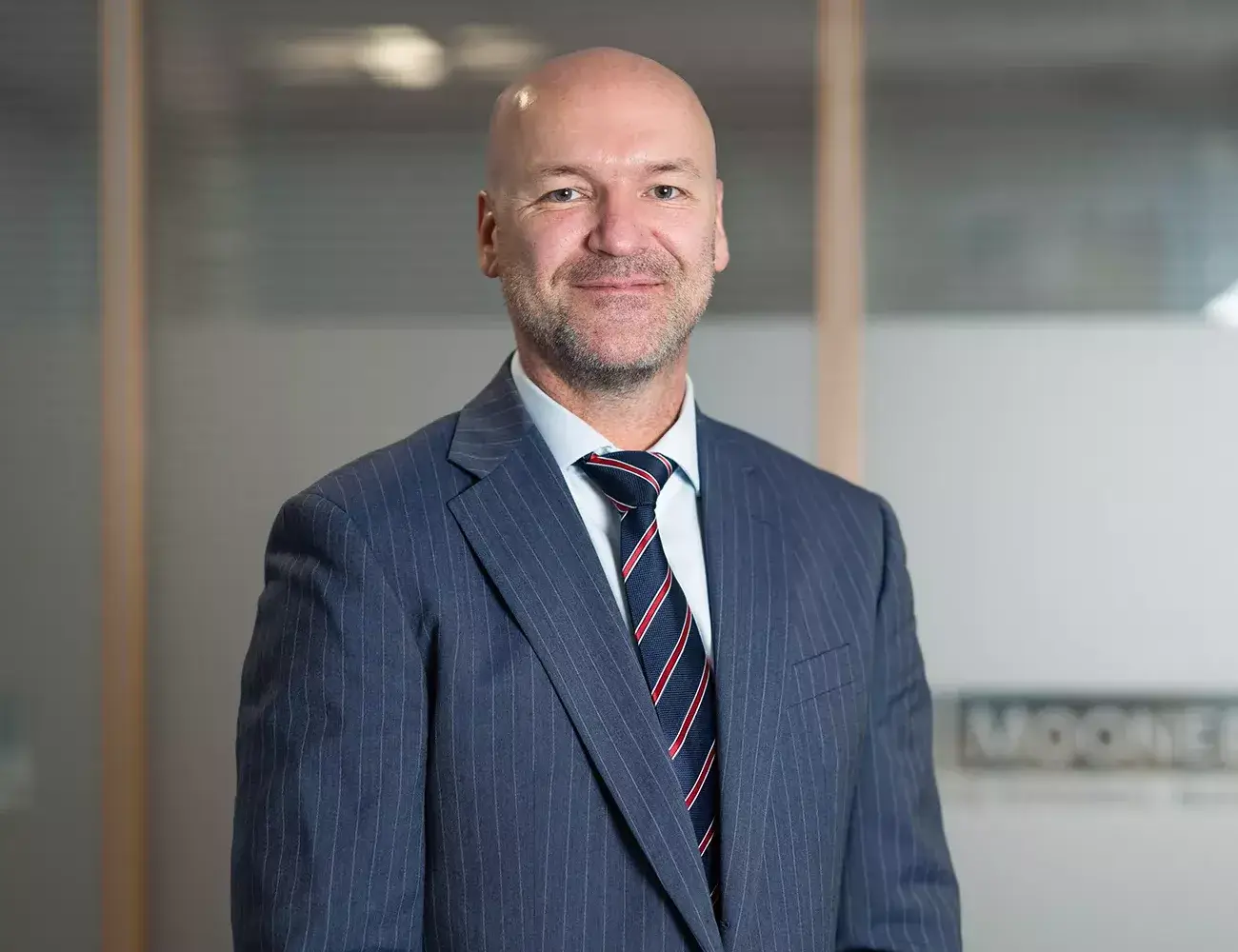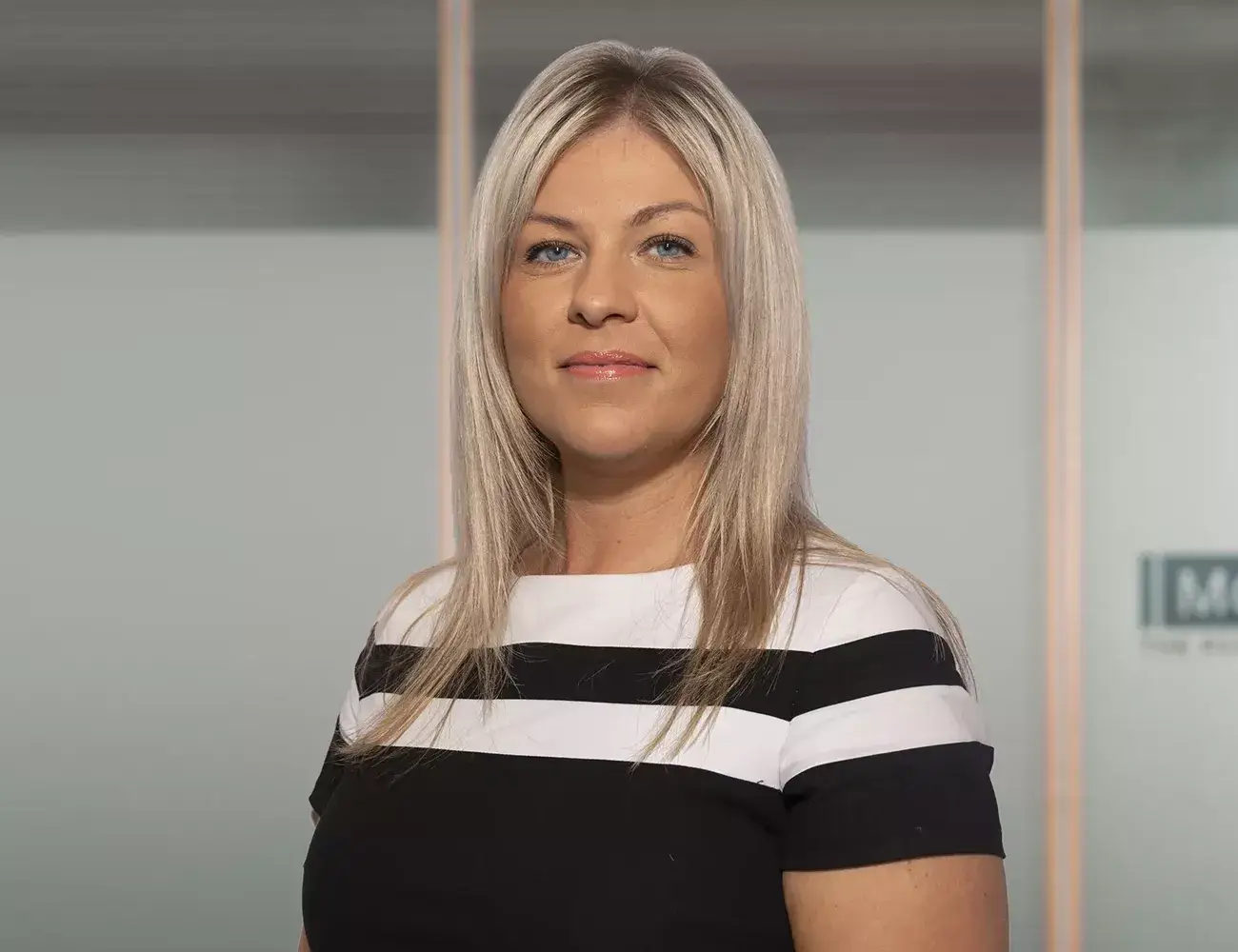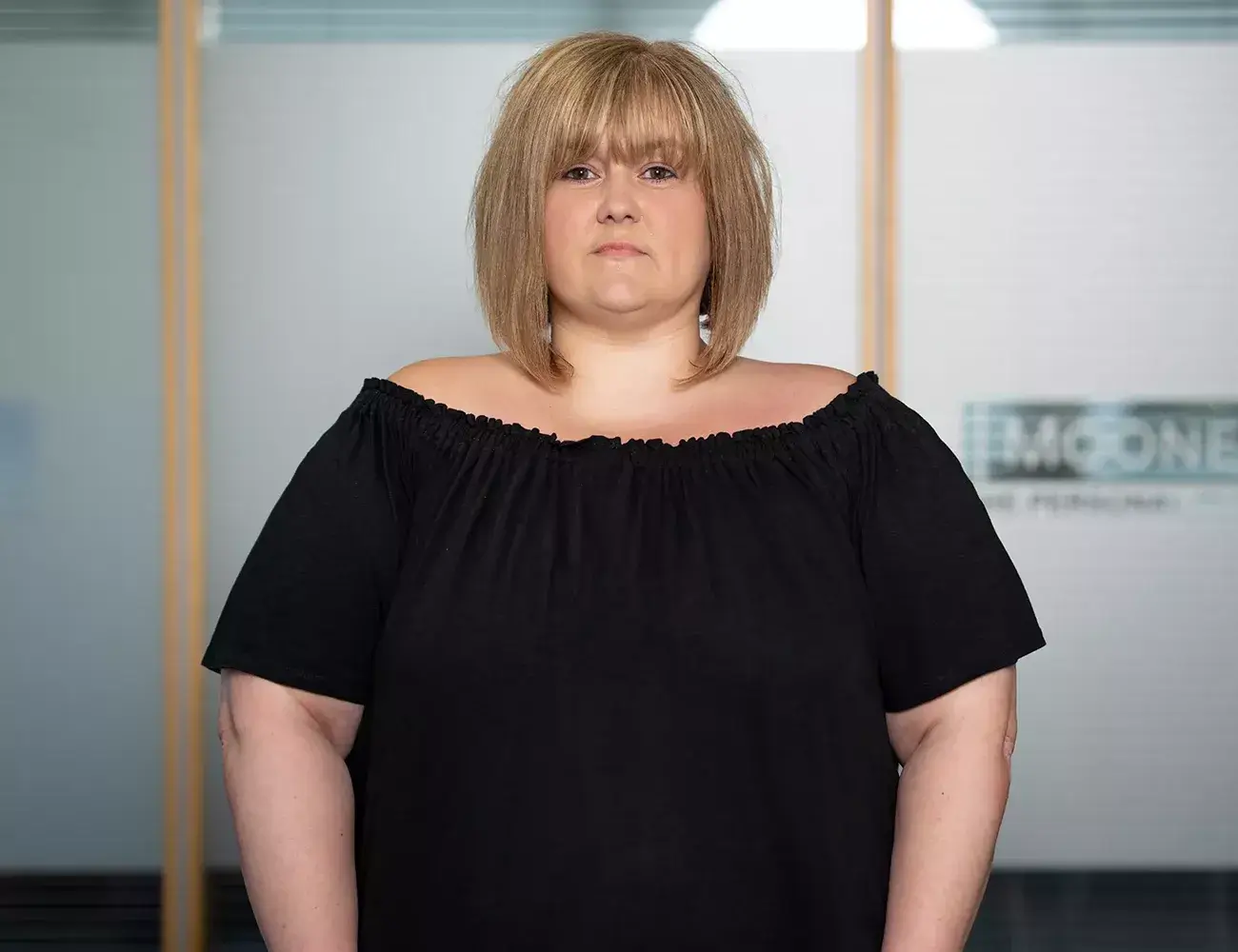Accidents in Public Places
Accidents happen when we least expect them and sometimes in unexpected places and circumstances. Accidents in public places and spaces are not uncommon; slip, trip and fall accidents happen frequently and make up a large percentage of all public liability accident claims.
Whether it’s a slip, trip, or fall, an incident in a supermarket, or an accident in a restaurant, the injuries sustained by innocent victims of accidents in public places can have a devastating effect.
If another person’s negligence is the cause of an accident in which you suffer injury, you can claim compensation for your pain, suffering, and loss of amenity (compensation for the injury, known as General Damages)
In addition, you can claim for your financial losses, both those already incurred and those that will arise in the future ( as long as they are likely to be incurred due to the injury you sustained in the accident). Lawyers call these Special Damages.
In this guide, we will set out all you need to know about accidents in public places, including the types of accidents that can occur, the process involved in bringing a claim for compensation, and the time limits involved.
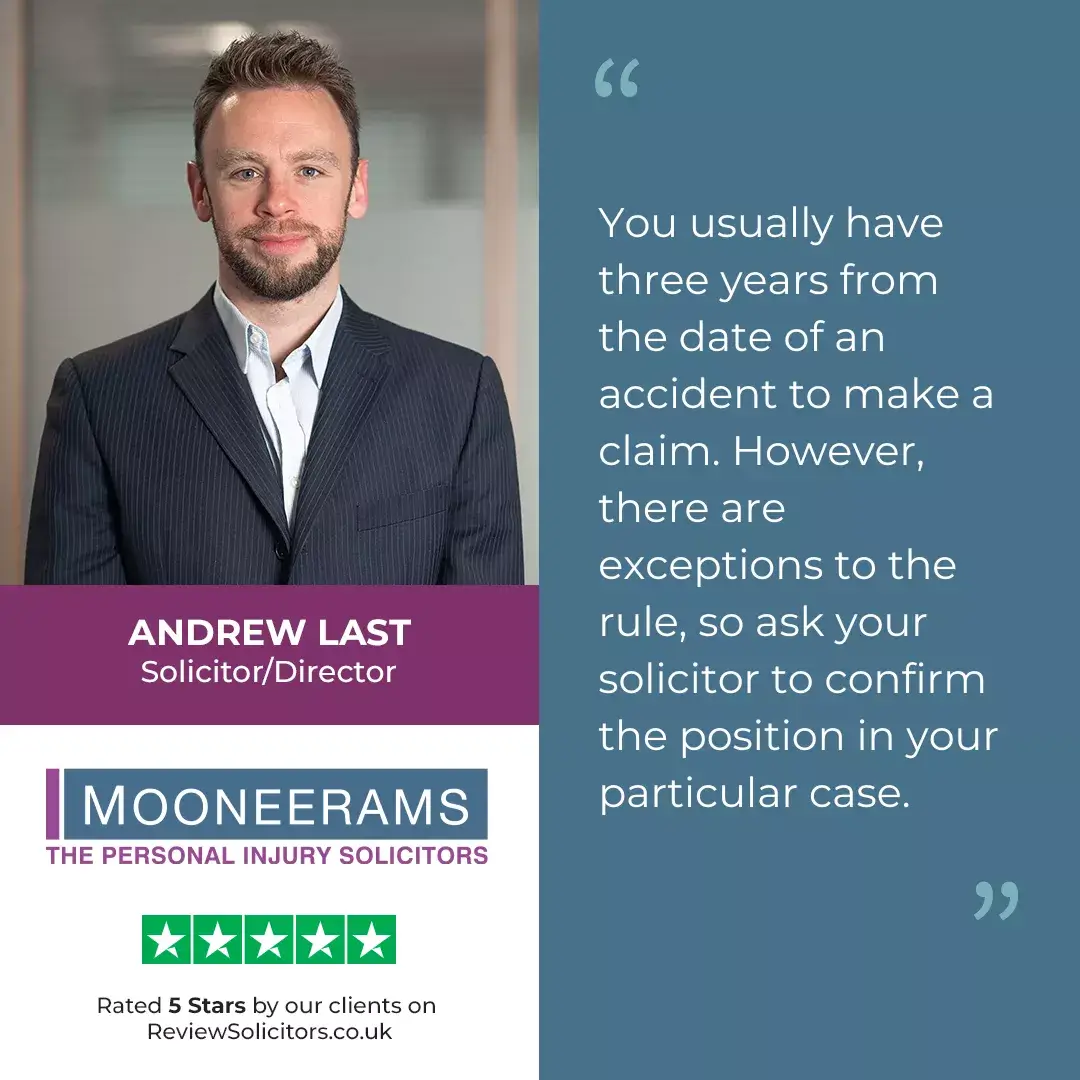
Frequently Asked Questions about Accidents in Public Places
Seeking Legal Assistance for Accidents in Public Places
If you have suffered an injury in an accident in a public place, seeking legal assistance from a personal injury solicitor who specialises in such cases is crucial. A solicitor can guide you through the claims process, gather evidence, negotiate with insurers or responsible parties, and represent your interests in court if necessary. They will work tirelessly to ensure you receive the compensation you deserve for your pain, suffering, and financial losses.
At Mooneerams Solicitors, our team of experienced personal injury solicitors help individuals who have suffered personal injury due to accidents in public places. We understand the challenges you face and are committed to providing you with the legal support and guidance you need throughout the claims process. With our expertise and compassionate approach, we strive to achieve the best possible outcome for every client.
Contact us today for a free initial consultation to discuss whether you might have a reasonable chance of success if you make a claim following an accident in a public place.
We usually handle public liability claims on a No Win No Fee basis, meaning there is no financial risk to you.
Let us help you get the compensation you deserve. Call Mooneerams on 029 2199 1927 or fill in our secure online form to arrange a callback.

